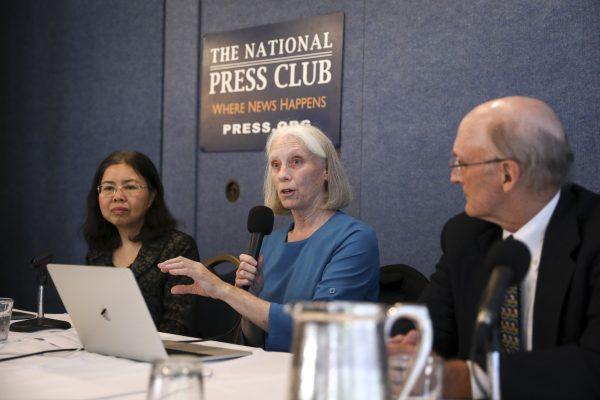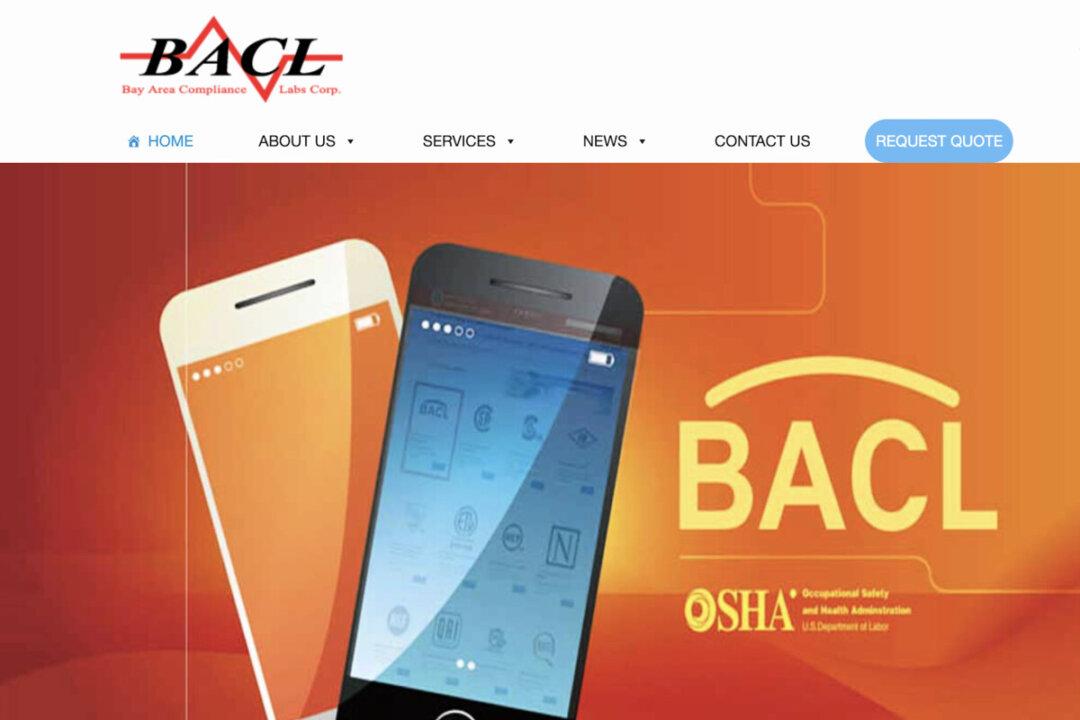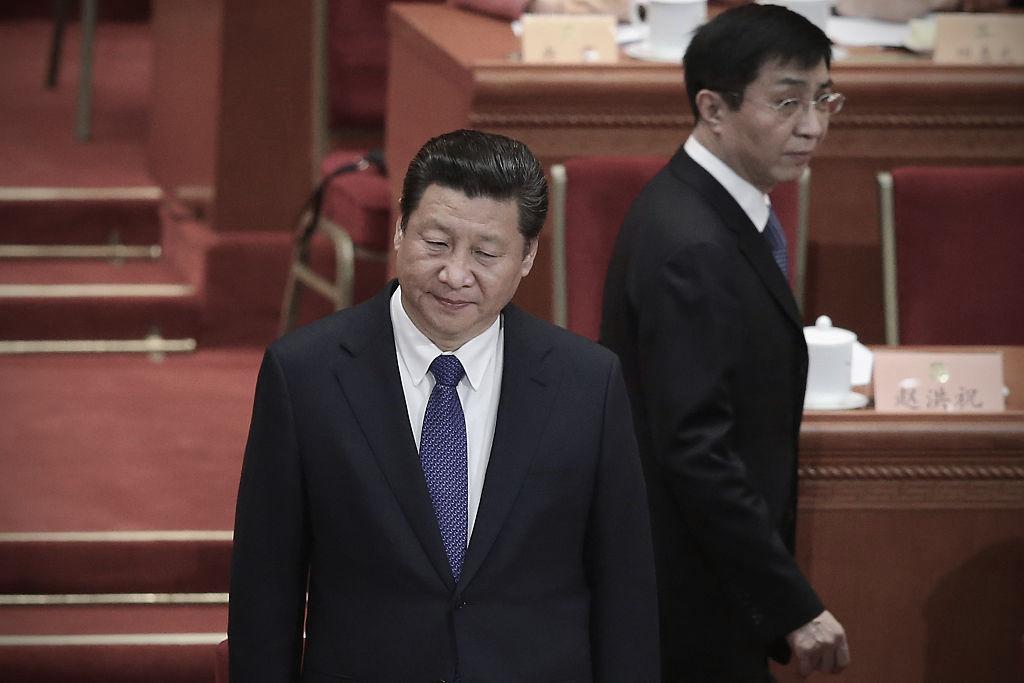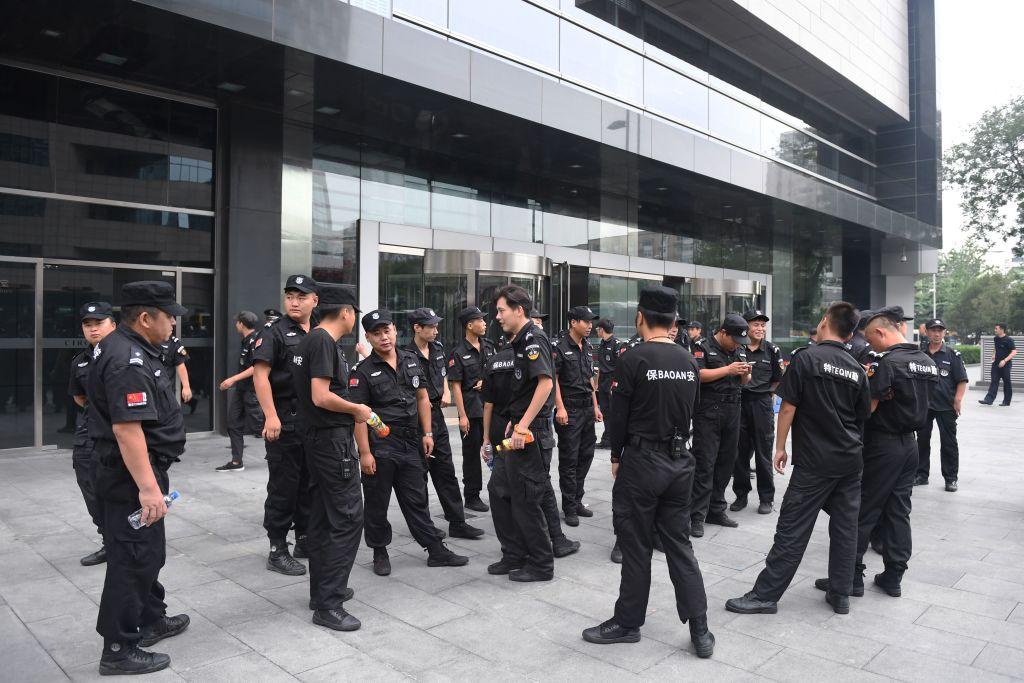WASHINGTON—Setting the stage for 1,000 foreign ministers, religious leaders, and others from 115 nations to gather for the second Ministerial to Advance Religious Freedom on July 16–18, researchers and human rights activists said it’s time for nations, organizations, and individuals to take concrete actions to stop the crime against humanity in China of killing people to harvest their organs.
On an Industrial Scale
At a side event of the Ministerial held at the National Press Club on July 15, China Organ Harvest Research Center (COHRC) released a 91-page report that sheds light on “one of the most hideous human rights disasters of the 21st century.”
(L-R) Grace Yin, Founder and Lead Researcher at COHRC, Ann Corson, Editor at COHRC Reports, and Chief Editor, Doctor Against Forced Organ Harvesting Newsletter, and William Boericke, Editor at COHRC Reports, speak at the National Press Club on Latest Developments in China's On-demand Killing of Prisoners of Conscience for Organs in Washington on July 15, 2019. Samira Bouaou/The Epoch Times




